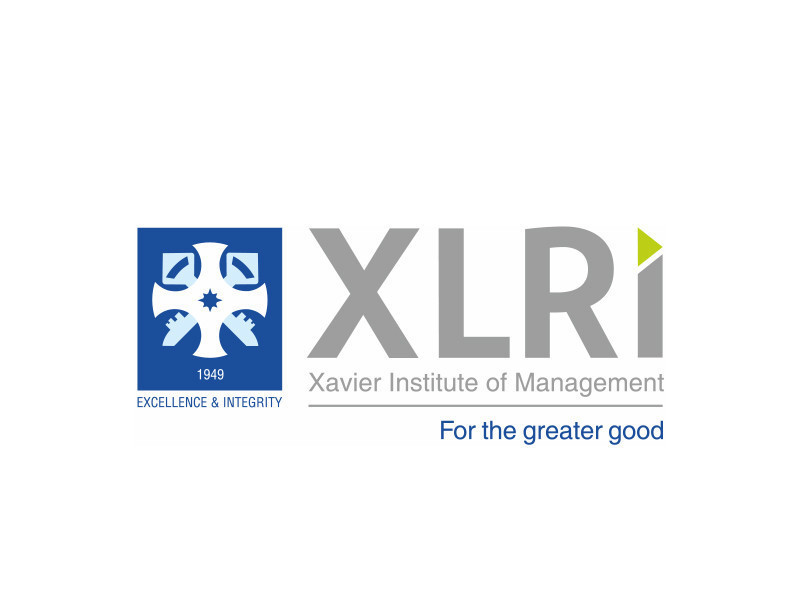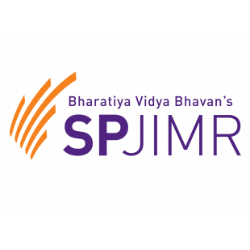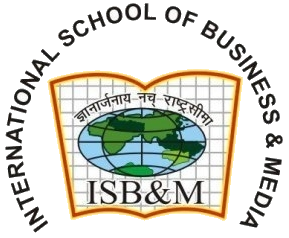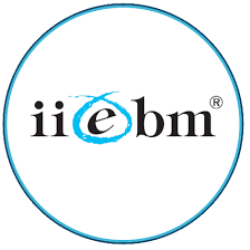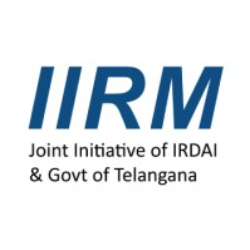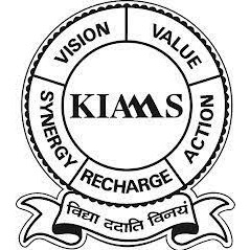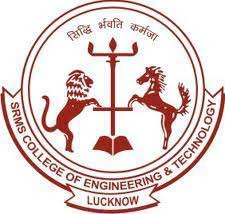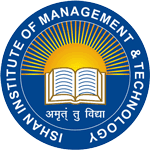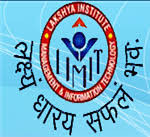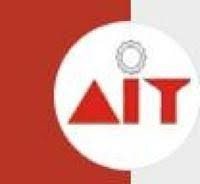Highlights: -
|
Diploma Name |
Post Graduate Diploma in Finance Management |
|
Level |
Postgraduate |
|
Diploma Duration |
1 - 2 years depending on the institute |
|
Education mode |
Full time, Distance |
|
Entrance Exams |
CAT, XAT, GMAT, SNAP, NMAT, CMAT, KMAT, ATMA, MAT, IIFT. |
|
Eligibility Criteria |
Graduation in any discipline |
|
Admission process |
Entrance Exam + Scores in Bachelors’ degree |
|
Fees for the entire duration |
Rs. 20,400 - Rs. 20.80 Lakhs |
|
Average Salary |
Rs. 5.60 LPA Starting Average Salary |
|
Job profiles |
Bank Officer, Bank Manager, Financial Planner, Treasurer |
Eligibility Criteria: -
- Candidates must complete graduation in any stream.
- They must have scored at least 50% marks. However, some colleges may not ask for any minimum percentage.
- Final-year candidates may also apply for admission on a provisional basis.
- Some colleges may also ask for work experience of 1-2 years in human resources or any related area.
PGDM in Finance Management Syllabus: -
The PGDM in Finance Management syllabus will vary from college to college, but the course aims and subjects shall remain the same; the subject distribution over the syllabus may differ, but the study matter remains consistent. Nevertheless, candidates should check the official website to know the complete syllabus. Here is a general guide to PGDM in Finance Management syllabus design, as commonly followed by Indian colleges:
|
Semester 1 |
Semester 2 |
|
Financial Markets |
International Finance |
|
Financial Statement Analysis |
Investment Management |
|
Accounting System |
Taxation (Direct and Indirect) |
|
Cost and Management Accounting |
Financial Management |
Next step after PGDM: -
If a person wants to do further studies in management to improve their knowledge and skills, then they can go for the following courses: -
- Certifications: Earn professional certifications such as CFA (Chartered Financial Analyst), FRM (Financial Risk Manager), or CFP (Certified Financial Planner) to gain specialised knowledge and demonstrate your proficiency in specific areas of finance.
- Advanced Finance Programs: Look for advanced finance programs or executive education courses at prestigious business schools. These courses frequently address topics including corporate finance, investment banking, financial modelling, risk management, and financial strategy.
- Specialised Finance Courses: Consider specialised finance courses based on your interests and professional goals, such as investment management, mergers and acquisitions, corporate valuation, financial derivatives, fixed income securities, and private equity.
- Financial Analysis and Reporting: Courses that cover financial analysis, financial reporting standards (such as IFRS and GAAP), and financial statement analysis can help you improve your analytical abilities and grasp of financial data interpretation.
- Quantitative Finance and Data Analytics: Given the growing relevance of data analytics in finance, consider taking courses in quantitative finance, financial modelling, algorithmic trading, or data science for finance to improve your analytical and computational skills.
- Risk Management and Compliance: Courses in risk management, credit risk, market risk, operational risk, and regulatory compliance can be useful, particularly if you want to work in risk management, compliance, or internal audit.
- Financial Technology (FinTech): Take courses in FinTech to learn about the convergence of finance and technology, including blockchain, cryptocurrencies, robo-advisory, algorithmic trading, and digital banking.
- Ethical and Sustainable Finance: As people become more aware of ethical and sustainable investing practices, look into courses that include environmental, social, and governance (ESG) considerations, sustainable finance, impact investing, and corporate social responsibility (CSR) in finance.
- Advanced Degree: If you want to work in academia or research, you could get a Master of Science (MSc) or Ph.D. in Finance to go further into theoretical topics and perform original research in finance-related fields.
Employment after PGDM in Finance Management: -
After completing the PGDM in Finance Management a person can apply for the following job profiles:
|
Jobs |
Average salary |
|
Investment Banker |
Rs 5.60 – Rs 12.30 LPA |
|
Financial Analyst |
Rs 3.30 – Rs 10.00 LPA |
|
Business Analyst |
Rs 5.300 – Rs 8.90 LPA |
|
Operations Manager |
Rs 13.20 – Rs 25.30 LPA |
FAQs
- Is the PGDM finance exam difficult to pass?
Some subjects may be complex, but keep them from getting you down. Instead, recognise your true potential and continue to improve in those areas.
- What is the average salary of an Investment Banker after completing PGDM Finance?
After completing the PGDM Finance course, the average salary for an investment banker is between INR 3,00,000 and INR 4,00,000.
- What are the higher studies options after completing the PGDM Finance course?
The higher studies options are PhD in Management Studies and a Doctor of Business Administration.
- What is the average starting salary after completing PGDM Finance in India?
The average starting salary is from INR 2,00,000 to INR 15,00,000 after completing PGDM Finance in India.
- Which institute will offer a one-year PGDM in Finance?
Many colleges, including PIBM, Balaji, Indira, MIT, ITM Navi Mumbai, and Welingkar Institute, offer a one-year PGDM in Finance.
- What's the difference between PGDM and PGDM Finance?
PGDM and PGDM in Finance are the same. However, the notable difference is that PGDM in Finance specialises only in finance, whereas the PGDM course focuses more widely and generally on business and management. PGDM can also be pursued with double specialisations.
- What are the average fees for PGDM in Finance in India?
The fees for PGDM in Finance vary with the institution, location, and many other factors. However, in general, the fees for PGDM in Finance in India are about INR 50,000 to 4,50,000 per year.
Other specialisations in PGDM: -
PGDM in H.R. Management, PGDM in Logistics and Supply Chain Management, PGDM in Marketing Management, PGDM in Hospitality Management, PGDM in Operation Management, PGDM in Entrepreneurship Management, PGDM in Brand Management.


